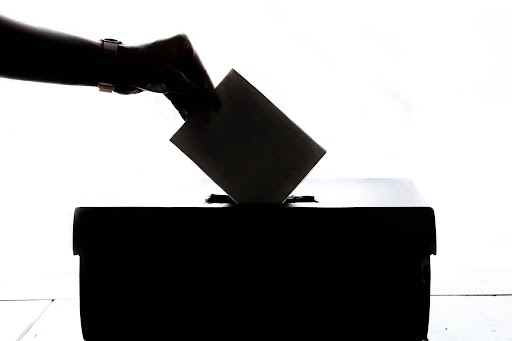
De-Westernizing Democracy
The existence of democratic infrastructure should not be conflated with the presence of democratic ideals or human rights; each can exist without the other.

The existence of democratic infrastructure should not be conflated with the presence of democratic ideals or human rights; each can exist without the other.
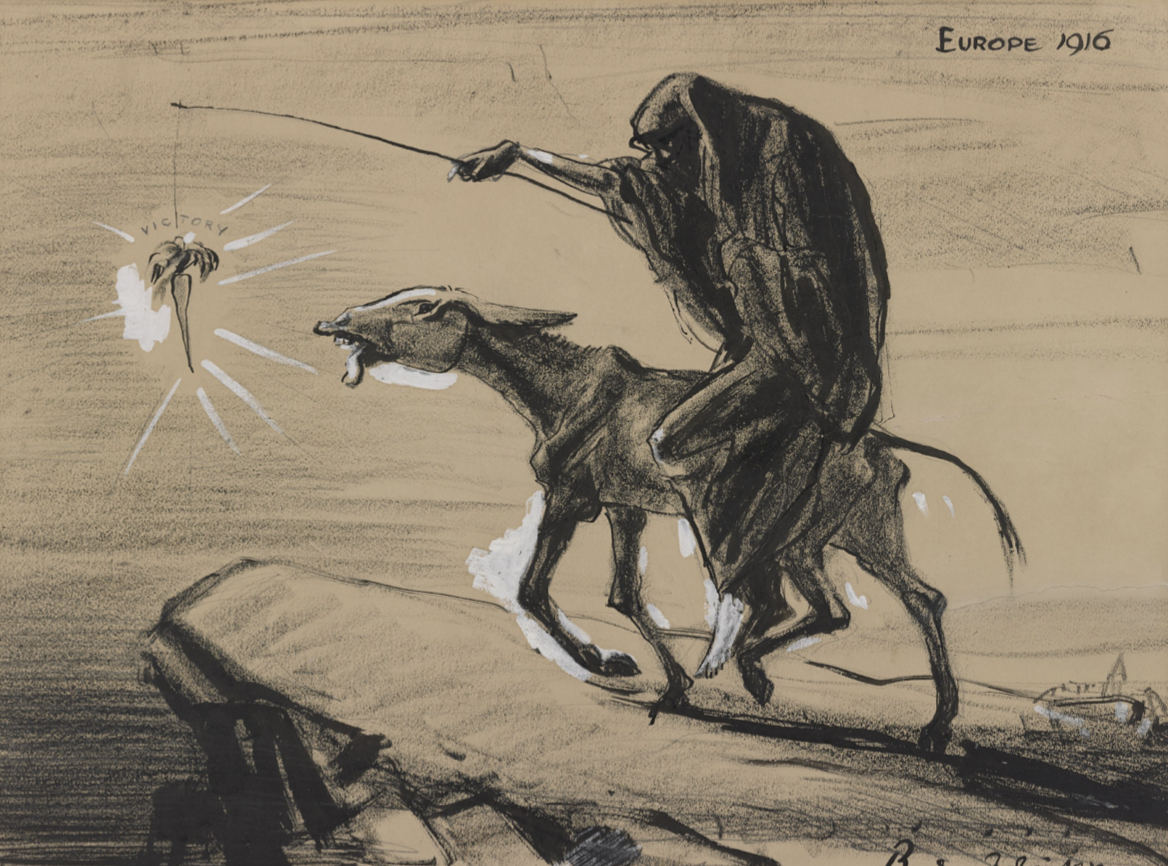
The original leaders of the Third World envisioned a future of sovereignty, security and prosperity for themselves. As it stands, this dream is on its deathbed.
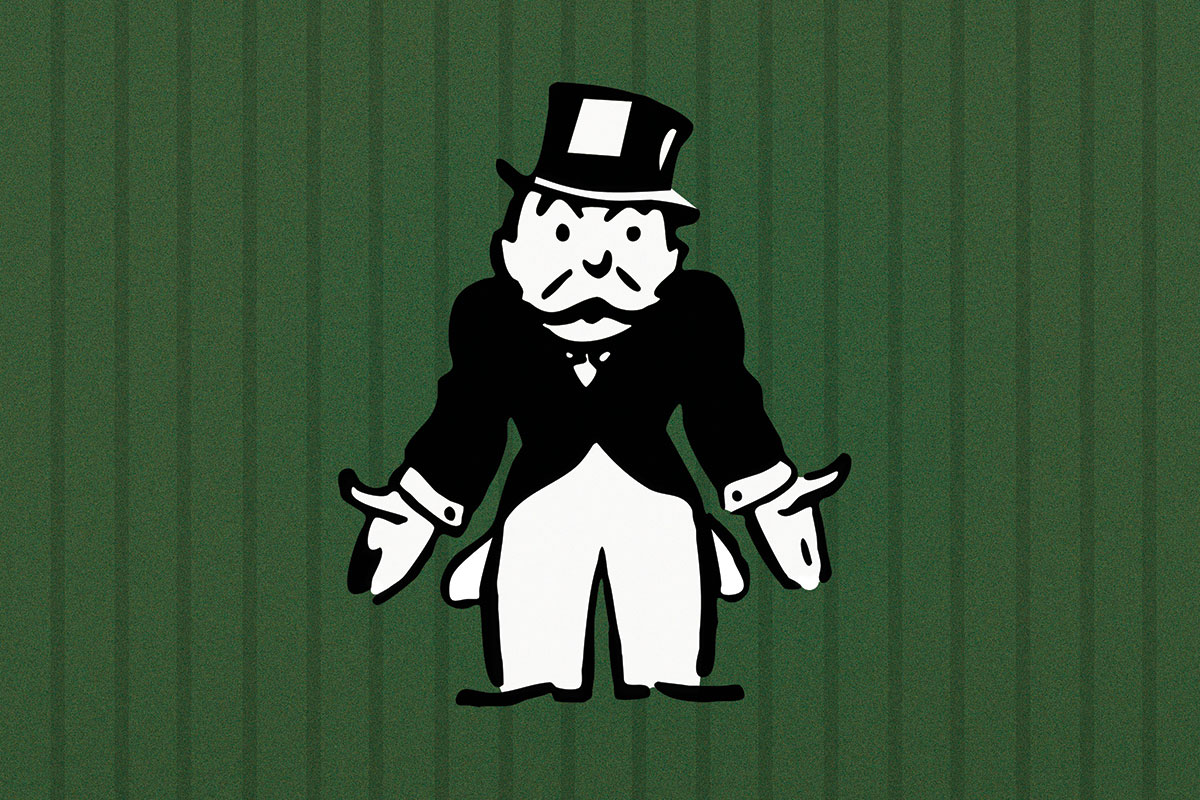
A combination of legislative obsolescence, financial sleight-of-hand, and philanthropic deceit are the smoke and mirrors behind which the richest Americans shirk their legal, and arguably moral, responsibility.
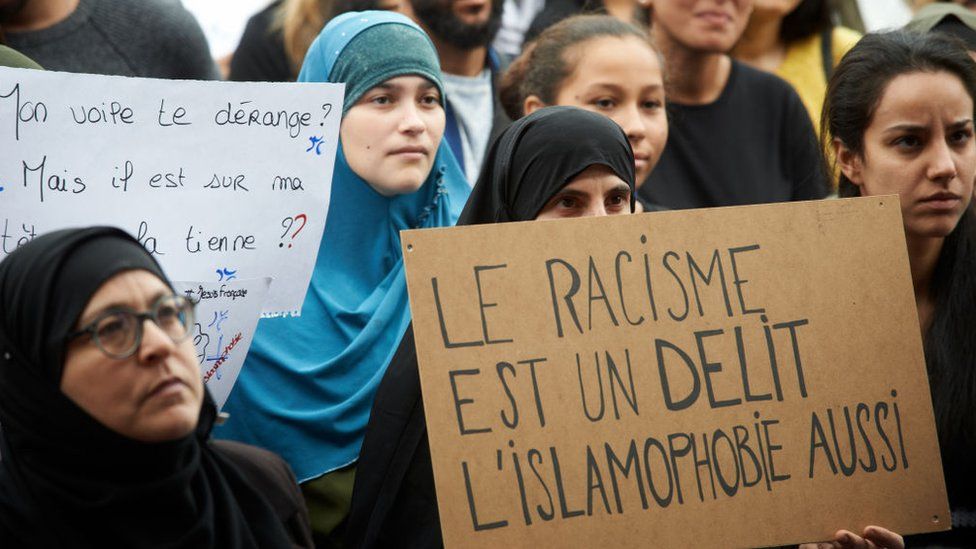
The French government should be under no pretense that society can exist in a vacuum. Admitting this reveals that the real expectation on Muslims is not to assimilate but to disappear silently into the background of an unduly deified status quo predicated on Western principles.

Leaders of rich and powerful nations may find a country-first perspective viscerally appealing, but it remains to be seen whether the benefits of isolationism during a pandemic will outweigh its latent disadvantages.
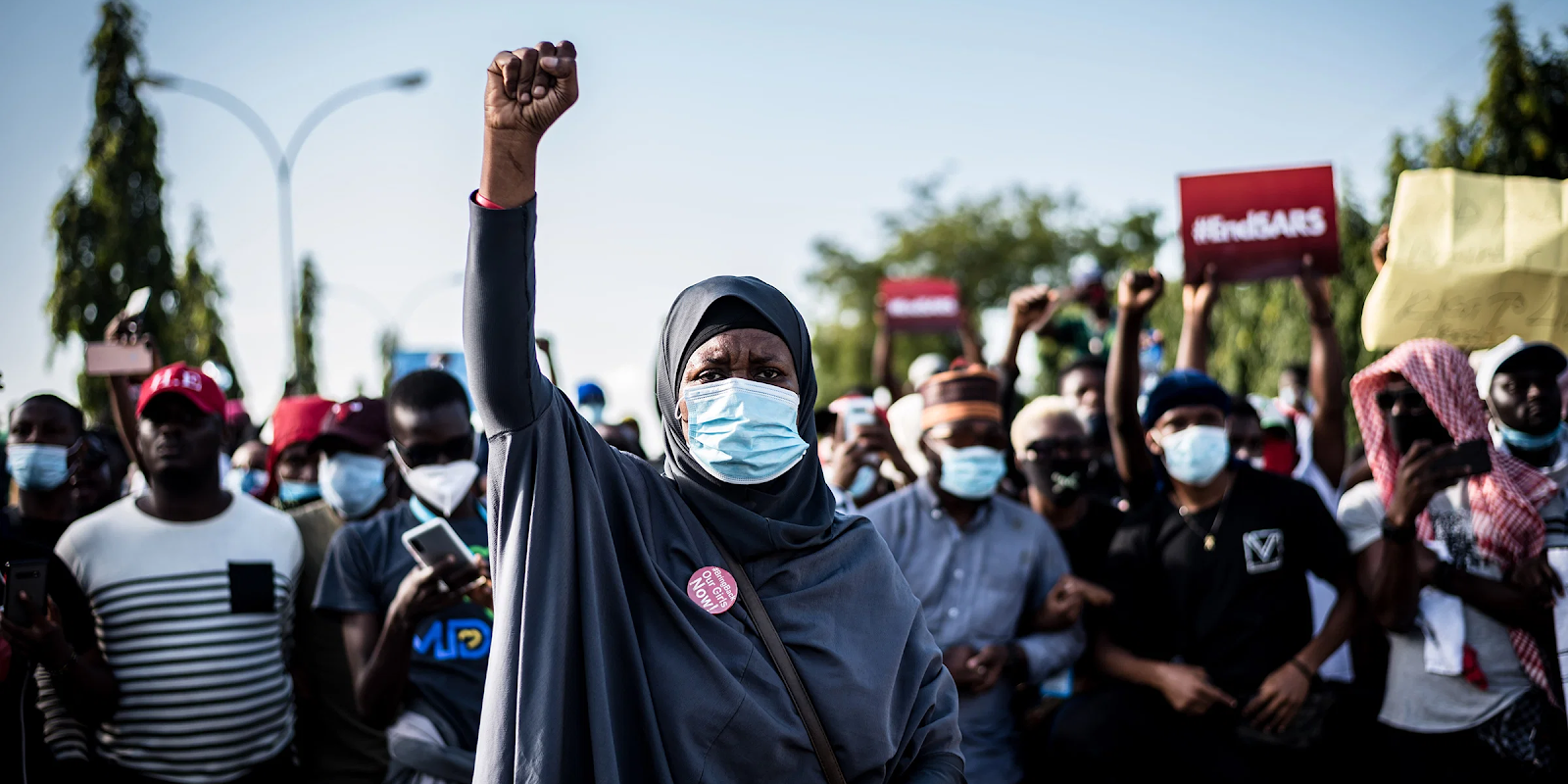
When viewed together, these campaigns raise questions about the role of policing in societies, permanently scarred by the horrors of their own past.
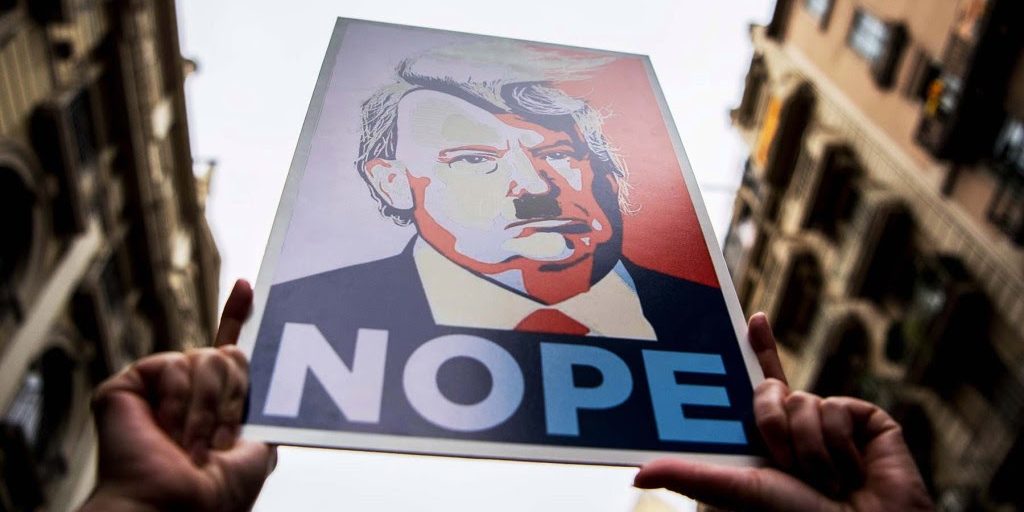
The overuse of these hackneyed phrases anesthetizes us, leaving us unable to separate democracy’s legitimate cries for help from the discordant noise of scare tactics.